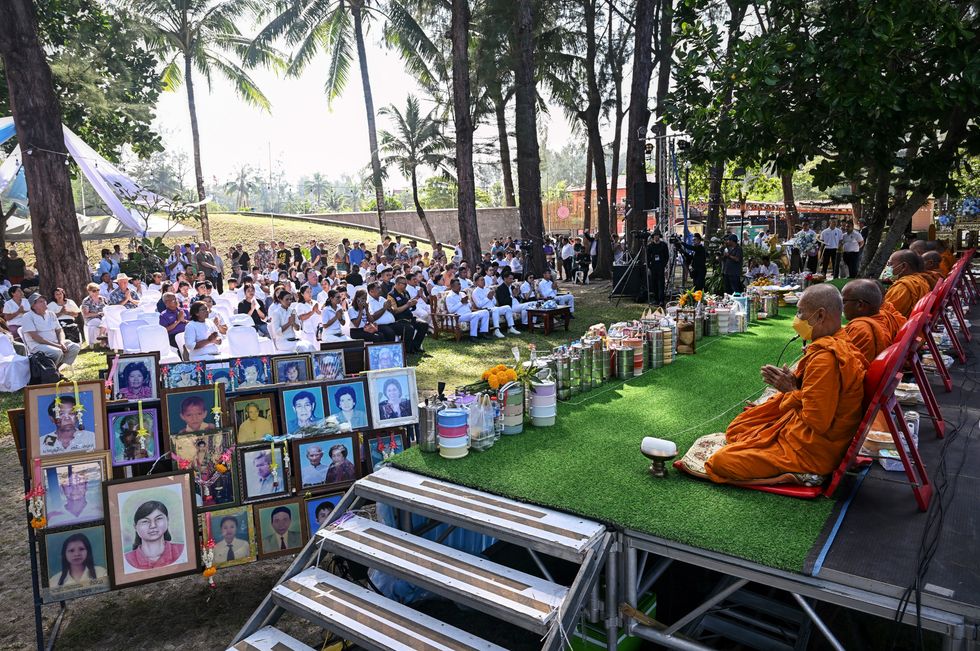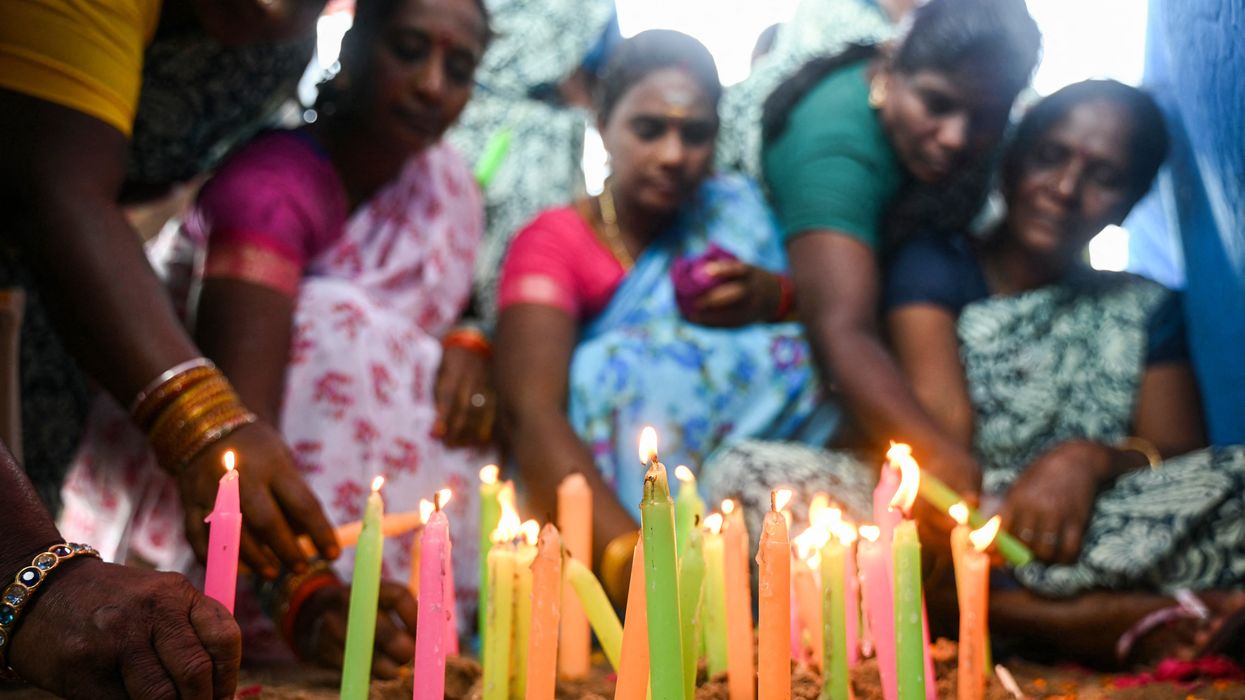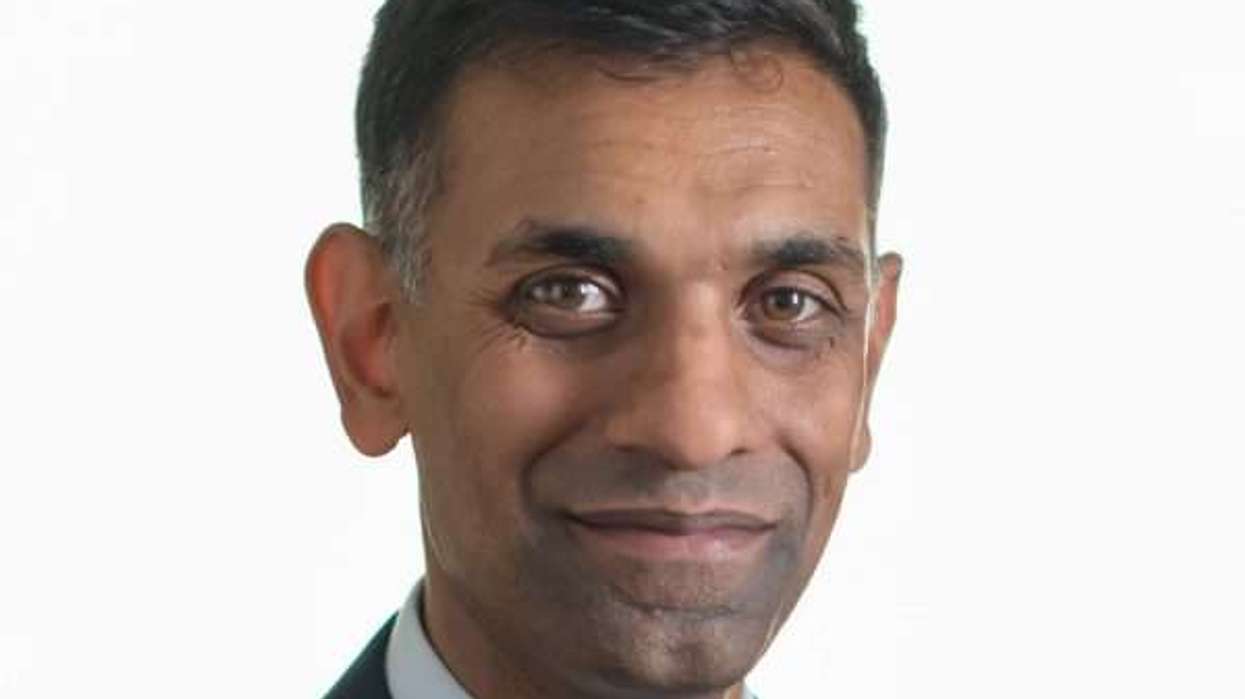MOURNERS gathered across Asia on Thursday to commemorate the 20th anniversary of the 2004 Indian Ocean tsunami, which claimed the lives of 220,000 people in one of the deadliest natural disasters in history.
Ceremonies were held in affected regions, including Indonesia, Sri Lanka, India, and Thailand, to honour those who perished.
The disaster began on 26 December 2004, when a 9.1-magnitude earthquake struck off Indonesia’s western tip, triggering waves as high as 30 metres that devastated coastlines in 14 countries, stretching from Indonesia to Somalia.
In Indonesia’s Aceh Province, the Baiturrahman Grand Mosque’s siren signalled the start of memorials. Aceh alone lost over 100,000 people. Survivors shared stories of loss and resilience, recalling the chaos as waves swept in, destroying everything in their path.
“I thought it was doomsday,” said Hasnawati, a teacher at the mosque, which itself was damaged in the tsunami. “On a Sunday morning when our family was laughing together, suddenly everything was gone.”
At the Siron mass grave in Aceh, where about 46,000 victims are buried, families gathered under the shade of trees to recite Islamic prayers. Khyanisa, who lost her mother and daughter, described her despair as she searched for them. “I kept chanting God's name. I looked for them everywhere,” she said. “There was a moment I realised they were gone. I screamed.”

Commemorations across the region
The tsunami also claimed the lives of thousands of foreign tourists, many celebrating Christmas on beaches across the region.
In Thailand, where over 5,000 people, including foreign tourists, died, memorials began early in Ban Nam Khem, its worst-hit village.
At a wall shaped like a tsunami wave, relatives laid flowers and wreaths. Napaporn Pakawan, who lost her sister and niece, said, “I feel dismay. I come here every year. Time flies but is slow in our minds.”
In Sri Lanka, survivors remembered nearly 1,000 victims of a derailed passenger train known as the Ocean Queen Express. A restored train carried mourners to Peraliya, where the tragedy occurred, for a religious ceremony.
Lessons and survivors
The disaster’s impact led to the development of a sophisticated monitoring system to provide early warnings for potential tsunamis.
Survivors, like Italian national Francesca Ermini, expressed gratitude for the efforts of volunteers who saved lives. “When we think about you, it makes us feel so hopeful,” she said at a Thai ceremony.
In addition to those who died in Asia, the tsunami claimed lives as far away as Somalia, the Maldives, and Malaysia. Survivors and relatives continue to remember their loved ones, reflecting on the resilience and support of their communities.
(With inputs from AFP)




